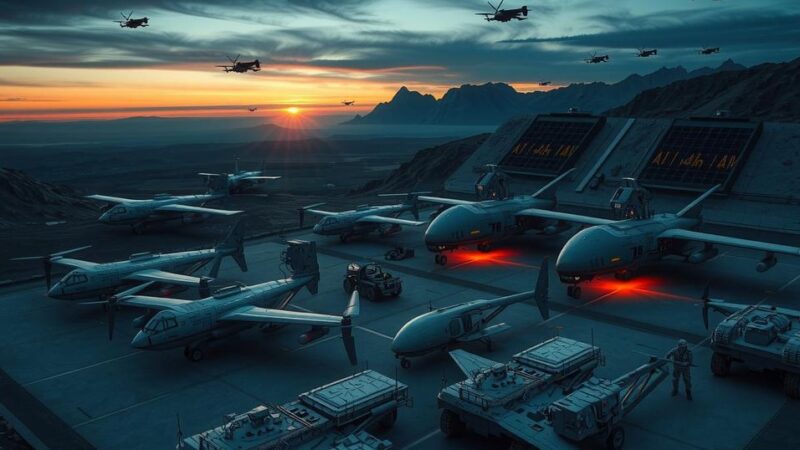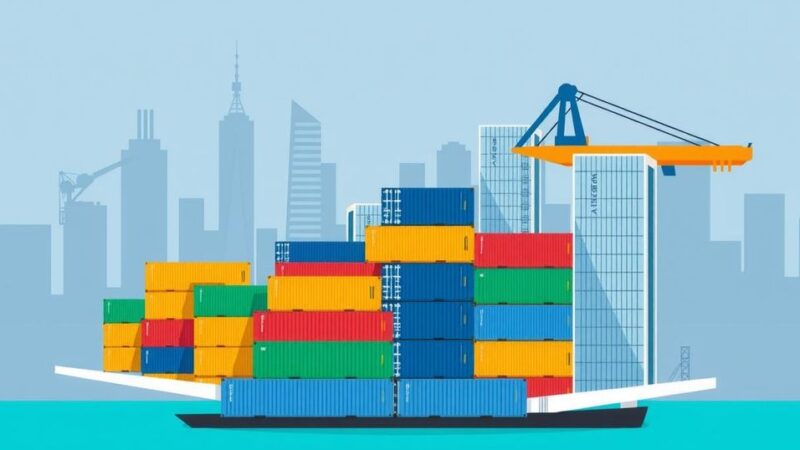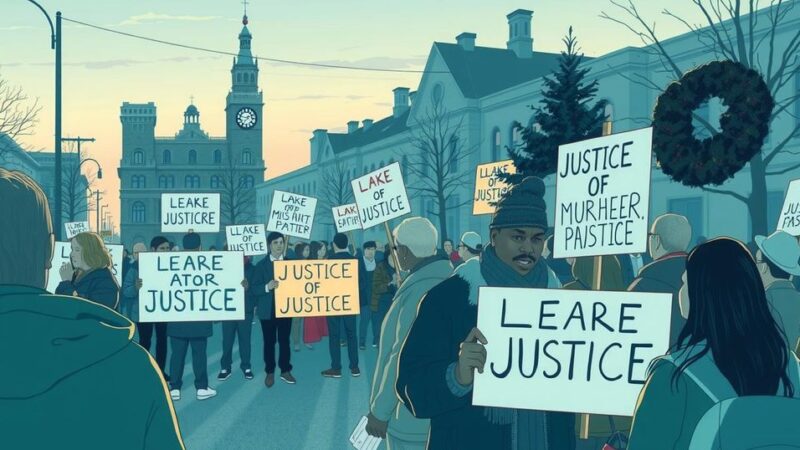In February 2025, humanitarian partners in South Sudan reported 25 access challenges, including violence against personnel, bureaucratic impediments, and military hostilities. Significant incidents included the relocation of staff due to clashes in Nasir and violent attacks in Jonglei. Bureaucratic difficulties were also noted in Renk and Aweil East, further obstructing humanitarian efforts as the rainy season approaches, hindering aid delivery.
In February 2025, humanitarian partners in South Sudan encountered 25 distinct challenges to access, including hostile engagements between armed groups, bureaucratic obstacles, and violence targeting humanitarian staff and resources. These factors significantly impede the delivery of life-saving services, particularly as the onset of the rainy season necessitates the prepositioning of essential supplies to maintain critical services when road conditions deteriorate.
Clashes between a militia and the South Sudan People’s Defense Forces (SSPDF) in Nasir County, Upper Nile state, resulted in displacement, fatalities, property destruction, and disruptions in humanitarian services. As a measure of response, February witnessed the relocation of 23 humanitarian personnel from affected areas including Nasir, Mandeng, Jikmir, and Ulang to ensure safety and operational continuity.
Significant violence against humanitarian personnel and facilities occurred across Jonglei, Central Equatoria, and Western Equatoria. Aid workers faced various risks, including ambushes, direct attacks, looting, and armed robberies. Notably, armed youth from the Greater Pibor Administrative Area (GPAA) tragically killed two security guards at an OXFAM warehouse in Motot, further exacerbating the dangers of delivering humanitarian assistance. Additionally, separate shooting incidents on February 26 and 27 targeted a humanitarian convoy and a UN contractor in Jonglei State.
Bureaucratic challenges persist in Renk County, Upper Nile State, where an International Non-Governmental Organization (INGO) was mandated to pay a US$1,500 registration fee by county labour officers. This incident reflects a troubling trend of irregular levies that place additional financial and administrative burdens on aid organizations. Furthermore, in Aweil East County, security forces restricted vehicular movement on February 14, obstructing an INGO’s travel plans to Wedwel, underscoring the ongoing bureaucratic and security challenges hampering humanitarian endeavors in the region.
In summary, humanitarian operations in South Sudan continue to face severe access challenges stemming from violence, bureaucratic hurdles, and restrictions on movement. The situation is exacerbated by the impending rainy season, which poses additional risks for aid delivery. These ongoing issues highlight the urgent need for improved security and administrative support to facilitate essential humanitarian assistance to those in need.
Original Source: www.unocha.org






